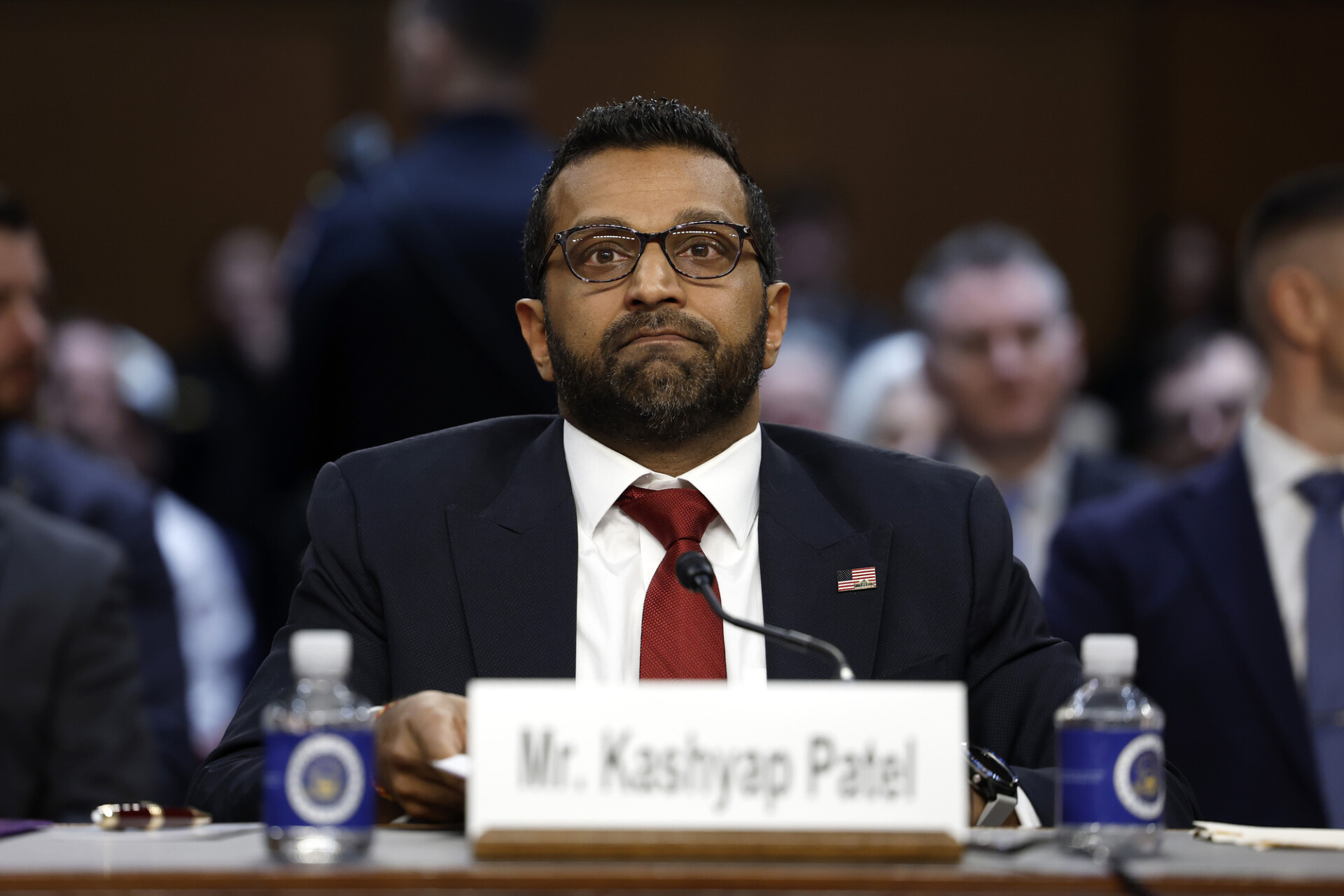President Donald Trump’s nominee for FBI Director Kash Patel eased through Senate Judiciary Committee hearings on Thursday. In contrast, the nominee for Director of National Intelligence, Tulsi Gabbard, had a far harder time before the Senate Intelligence Committee.
This was always the most likely outcome.
Patel has a vein of Republican sympathy in that many GOP primary voters believe the FBI is in desperate need of new leadership and aggressive reform. Trump shares this belief at a very personal level after numerous failed attempts on his life, one of which was almost successful. In turn, there are few incentives for Republicans to move against the former Justice Department attorney over his more fringe viewpoints on matters such as QAnon. They do not want to be attacked from the MAGA right or to alienate Trump early in his second term.
Still, Patel’s performance was impressive. While Democrats offered scathing criticisms on controversies such as his fundraising in relation to the Jan 6 Capitol riot, Patel garnered strong support from Republicans and effectively sidestepped Democratic attacks. For example, Patel is seen by Republicans as a reliable ally in support of counter-terrorism legal authorities and efforts to go after organised crime and street gangs. He emphasised these points, knowing that they would lend him both cover from Republican sceptics such as former Republican Senate Leader Mitch McConnell. He also offered clear support for FISA 702 authorities which allow the government to intercept communications between Americans and suspected terrorists or spies abroad without a warrant. This was well captured in a good soundbite: “Let’s let our men and women in law enforcement kick down the doors of terrorists, narco traffickers, and paedophiles, and put those people in prison where they belong,” Patel said.
Gabbard faced a far more challenging hearing. While her military credentials reference a patriotic character, something Senate Intelligence Chairman Sen. Tom Cotton was keen to emphasise, Gabbard’s answers seemed stiff and at times generalised to avoid controversy and appease senators. Her newly found support for FISA 702 warrants, which allow the government to intercept communications between Americans and suspected terrorists or spies abroad, didn’t seem to convince senators. And her vague answers disappointed otherwise sympathetic senators when they raised more complicated questions. This was a problem when Gabbard was asked by Sen. Roger Wicker about so-called “Anomalous Health Incidents” or “Havana Syndrome,” for example. Gabbard responded by suggesting there was little new intelligence reporting on the topic. This is inaccurate and Wicker was visibly frustrated by her answer.
Even more problematic was Gabbard’s defence of her prior rejection of intelligence assessments that Assad had used chemical weapons against his own people. Gabbard claimed she had done so because she feared the assessments were being used to lead America into another Middle Eastern war. The problem with this excuse is that it fits perfectly with the narrative that was being proffered by Russia in relation to that chemical attack. And the problem with that synergy is that Gabbard has repeatedly shown a tendency to trust the propaganda of foreign adversaries over evidence-based assessments from the US intelligence community. Most challenging for Gabbard’s prospects is the sense of the Senate that she might manipulate intelligence to serve her policy agenda or discount intelligence reporting that conflicted with her policy views.
So while Kash Patel’s confirmation looks all but secure, Gabbard faces a much harder task.











Join the discussion
Join like minded readers that support our journalism by becoming a paid subscriber
To join the discussion in the comments, become a paid subscriber.
Join like minded readers that support our journalism, read unlimited articles and enjoy other subscriber-only benefits.
Subscribe